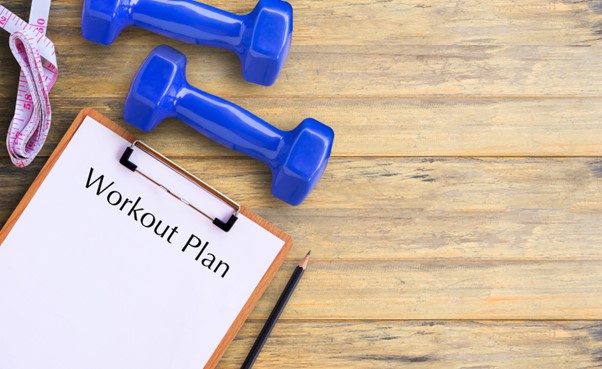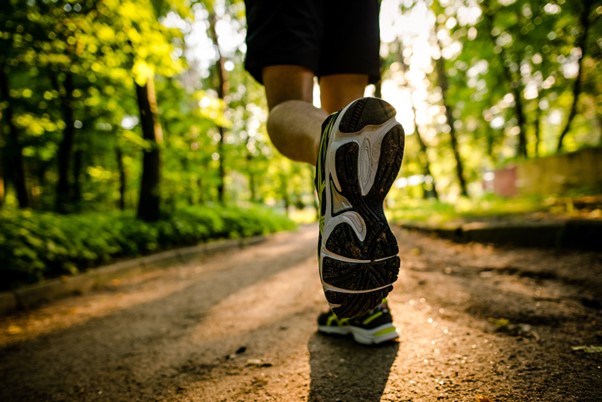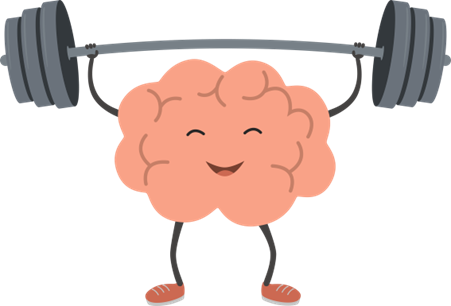How Working Out Can Help Improve Anxiety

How Working Out Can Help Improve Anxiety
Introduction
Anxiety is a common mental health issue that affects millions of people worldwide. While therapy and medication are standard treatments, exercise has emerged as a powerful tool to combat anxiety. This article explores how working out can help improve anxiety and provides practical tips for integrating exercise into your routine.
The Science Behind Exercise and Anxiety
Release of Endorphins
Exercise triggers the release of endorphins, neurotransmitters known as “feel-good” hormones. These chemicals interact with receptors in the brain that reduce the perception of pain and promote a sense of well-being and euphoria, which can help alleviate anxiety symptoms [1].
Reduction of Stress Hormones
Regular physical activity lowers the levels of stress hormones, such as cortisol. This reduction can diminish overall stress levels and help the body cope better with anxiety. Lower cortisol levels contribute to a calmer mind and reduced anxiety [2].
Improved Sleep
Exercise can improve sleep quality by helping to regulate the body’s sleep-wake cycle. Better sleep is crucial for managing anxiety, as insufficient or poor-quality sleep can exacerbate anxiety symptoms. A good night’s sleep promotes mental clarity and emotional stability [3].
Enhanced Brain Function
Physical activity increases the production of neurotrophic factors, which support neuron growth and overall brain health. This can improve cognitive function and resilience to stress, reducing anxiety levels [4].
Social Interaction
Engaging in group exercises or fitness classes provides social interaction, which can reduce feelings of isolation and anxiety. Being part of a community fosters a sense of belonging and support, further alleviating anxiety symptoms [5].
Personal Stories of Transformation
Building Confidence
Many individuals have found that regular exercise boosts their confidence, helping them feel more in control and less anxious. Engaging in physical activities can foster a sense of accomplishment and resilience [8].
Creating a Healthy Routine
Developing a consistent workout routine can provide structure and predictability, which can be particularly comforting for those with anxiety. Routine activities can reduce the uncertainty and chaos that often exacerbate anxiety [7].
Community Support
Group exercises and fitness classes can offer social support and a sense of community, reducing feelings of isolation and anxiety. Being part of a supportive community can enhance motivation and provide emotional support [6].
Practical Tips for Exercising to Manage Anxiety
1. Start Small
Begin with short, manageable workouts and gradually increase the duration and intensity. Even a 10-minute walk can provide immediate benefits and help build a habit of regular exercise [11].
2. Choose Enjoyable Activities
Select exercises you enjoy, whether it’s yoga, running, swimming, or dancing. Enjoyable activities are more likely to be sustained over time, leading to consistent anxiety management [13].
3. Set Realistic Goals
Establish achievable goals to maintain motivation and track progress. Small, incremental goals can help create a sense of accomplishment and reduce the risk of burnout [12].
4. Consistency is Key
Aim for regular exercise sessions, ideally 3-5 times a week. Consistency helps maintain the mental health benefits of exercise and can create a routine that becomes a natural part of your lifestyle [9].
5. Incorporate Mindfulness
Activities like yoga and tai chi combine physical exercise with mindfulness practices, enhancing their anxiety-reducing effects. Mindfulness exercises help focus the mind and reduce stress [14].
Conclusion
Exercise is a powerful, natural method to help manage anxiety. By releasing endorphins, reducing stress hormones, improving sleep, and providing a sense of accomplishment, regular physical activity can significantly improve mental well-being. Whether through solo workouts or group classes, integrating exercise into your daily routine can lead to a healthier, less anxious life.
🌐 Sources
- mayoclinic.org – Depression and anxiety: Exercise eases symptoms
- health.harvard.edu – Can exercise help treat anxiety?
- ncbi.nlm.nih.gov – Effects of Exercise and Physical Activity on Anxiety
- healthdirect.gov.au – Exercise and mental health
- mayoclinic.org – Exercise and stress: Get moving to manage stress
- Please Live – Physical Fitness Transformed My Mental Health
- NAMI – How I Developed a Healthy Relationship with Exercise to …
- Clientel3 – How Fitness has helped me cope with my anxiety
- health.harvard.edu – Can exercise help treat anxiety?
- mayoclinic.org – Depression and anxiety: Exercise eases symptoms
- adaa.org – Exercise for Stress and Anxiety
- healthline.com – Anxiety Exercises to Help You Relax
- mayoclinic.org – Exercise and stress: Get moving to manage stress
- medicalnewstoday.com – 5 exercises for anxiety








Responses